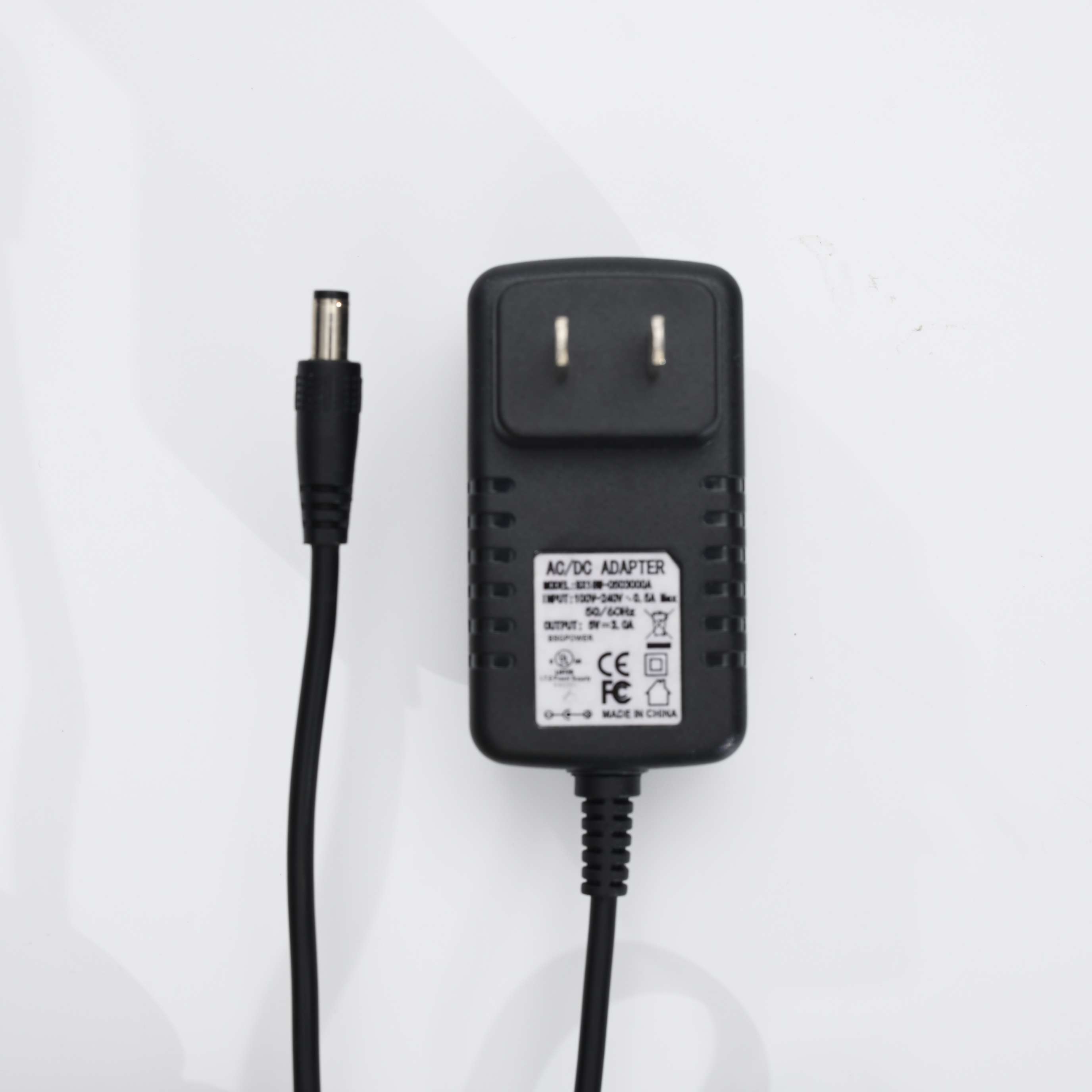How to Use Power Adapters Reasonably
In today's fast-paced world, Power Adapters play a crucial role in keeping our devices charged and ready for use. As a company that mainly designs, produces, and sells power adapters, Chargers, power sockets, household appliances, and peripheral products, we understand the importance of using these devices efficiently and safely. This article will guide you on how to use power adapters reasonably, ensuring longevity for both your adapters and your devices.

Understanding Power Adapters
Power adapters are essential devices that convert electrical energy from a power source into a suitable form for your electronic devices. They come in various types, such as wall adapters, car adapters, and universal adapters, each designed to meet specific needs. Understanding the specifications and limitations of your power adapter is the first step in using it reasonably.
Key Components
Input Voltage and Current: This indicates the range of voltage and current the adapter can handle from the power source.
Output Voltage and Current: This specifies the voltage and current the adapter will provide to your device.
Connectors and Plugs: Ensure that the adapter's connectors are compatible with your device to avoid damage.
Best Practices for Using Power Adapters
1. Match the Adapter with the Device
Always use the power adapter that comes with your device or an equivalent one recommended by the manufacturer. Using an incompatible adapter can result in insufficient power supply or overloading, potentially damaging both the adapter and the device.
2. Check the Specifications
Before plugging in, verify that the adapter's output voltage and current match the requirements of your device. Overloading your device with higher voltage can cause overheating, while underpowering can lead to poor performance and possible damage.
3. Use Certified Products
Ensure that your power adapters are certified by relevant authorities. Certified products have passed safety standards and are less likely to pose risks such as short circuits or electrical fires.
4. Avoid Overloading
Avoid using multiple high-power devices on a single power adapter simultaneously, as this can overload the adapter, leading to overheating and potential failure.
5. Proper Ventilation
Ensure that the power adapter is used in a well-ventilated area. Overheating is a common issue with power adapters, especially when used continuously for extended periods. Proper ventilation helps dissipate heat and maintain optimal performance.
6. Regular Inspection
Periodically inspect your power adapters for any signs of wear and tear, such as frayed wires, loose connectors, or discoloration. Replace any damaged adapters immediately to prevent accidents.
7. Unplug When Not in Use
Unplug the power adapter when it is not in use. This not only saves energy but also prevents potential hazards like electrical surges and overheating.
8. Avoid Extension Cords
Whenever possible, plug the power adapter directly into a wall outlet instead of using extension cords. Extension cords can introduce additional resistance and potential points of failure, leading to decreased efficiency and safety risks.
9. Handle with Care
Avoid dropping or mishandling power adapters, as physical damage can compromise their functionality and safety. Store them in a safe, dry place when not in use.
Safety Tips
1. Avoid Water Exposure
Keep power adapters away from water and moisture. Water exposure can lead to electrical shorts, damage, and potential safety hazards.
2. Child Safety
Ensure that power adapters are out of reach of children. Young children may accidentally unplug or damage the adapter, leading to potential harm.
3. Fire Safety
In case of any unusual smells, sounds, or smoke coming from the adapter, immediately unplug it and discontinue use. Contact the manufacturer for further assistance or replacement.
Environmental Considerations
Using power adapters reasonably also includes being mindful of their environmental impact.
1. Energy Efficiency
Opt for energy-efficient adapters that consume less power. Look for products with energy certifications such as Energy Star.
2. Proper Disposal
Dispose of old or damaged power adapters properly. Many electronic stores and recycling centers offer programs for safely recycling electronic waste.
3. Sustainable Practices
Consider investing in power adapters with longer lifespans and repairable components. This reduces the frequency of replacements and minimizes environmental waste.
By following these guidelines, you can ensure the safe and efficient use of your power adapters. As a leading provider of power adapters, chargers, power sockets, household appliances, and peripheral products, we are committed to promoting responsible usage and safety. Remember, a little care and attention go a long way in maintaining the longevity of your devices and ensuring your safety.
Using power adapters reasonably not only enhances their performance but also contributes to a safer and more sustainable environment. We hope this article provides valuable insights and encourages you to adopt best practices in your daily usage of power adapters.








